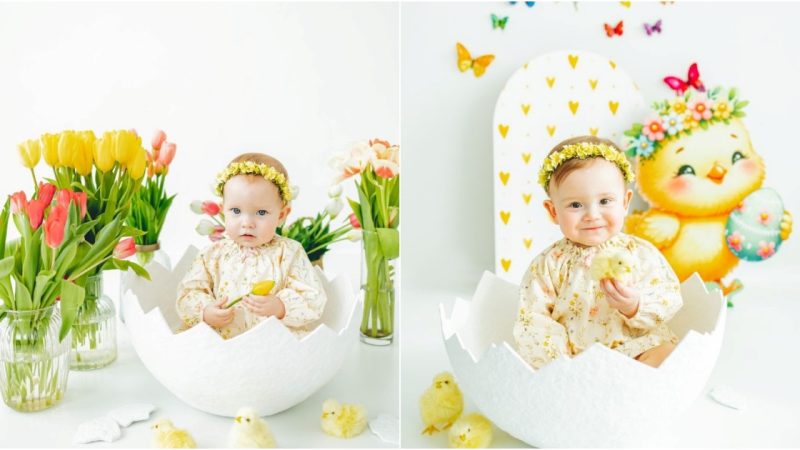Directly from ancient Rome, Carvilio’s ring
The excruciating pain of a Roman mother for the death of her son.
In 2000, during the removal of a high voltage pylon in a private property near Grottaferrata (a suburb of Rome) archaeologists found two sarcophagi, which contained the remains of the noble Aebutia Quarta and her son Carvilio Gemello, who lived in the first century after Christ. Carvilio died prematurely at the age of about eighteen, in mysterious circumstances (perhaps from poisoning).
After losing the only male child, the roman noblewoman built a wonderful sarcophagus, with accurate finishing and refined inscriptions for his son.
Due to the floral ornaments placed at the entrance and inside, the archeological site today is known as the “Hypogeum of the garlands”.
When Ebuzia died (probably at the age of 40 or 50), she was buried in the same place of her son Carvilio.
The two nobles were embalmed (probably because they were followers of the cult of Isis, which was very fashionable at the time). Thanks to this procedure it was possible to find one of the most important and amazing jewels of ancient Rome that has come down to us: Aebutia wears a magnificent band ring.
The gold frame has a cavity where a chiseled miniature portrait has been placed, perfect in its details. It probably represents the young Carvilio Gemello, with wavy hair, intense gaze, fine lips, pronounced nose and bare bust.
The amazing miniature is wrapped in rock crystal (hyaline quartz, defined by the ancient Romans as “acentetus, the color of clear water”), which has given a timeless depth to the boy’s expression.
It was certainly the pain and love for Carvilius that prompted her to commission the precious jewel from an imperial master of goldsmithing (who almost certainly lent his services to the emperor himself, given the magnificence of the find).
The ring of Carvilio, separated from its owner after millennia, is now on display at the Archaeological Museum of Palestrina, Italy.
Hits: 3



